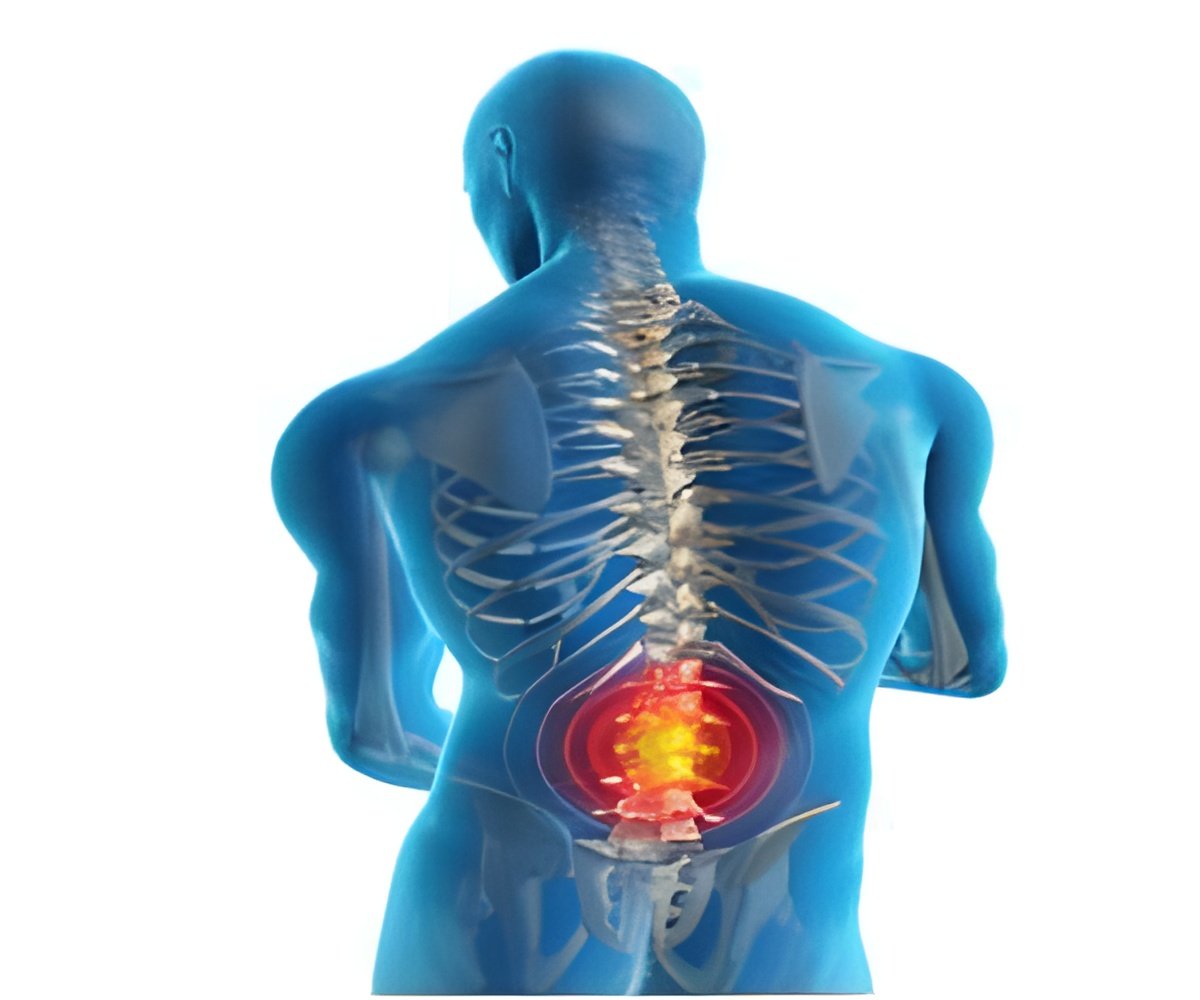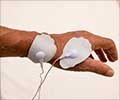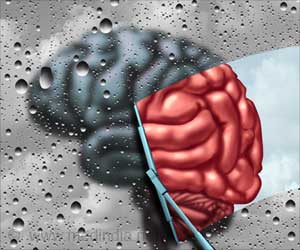Millions of people with chronic pain fall through the cracks in the mental health care system when seeking treatment for anxiety and depression symptoms.

Go to source) In 2021, approximately 51.6 million U.S. adults experienced chronic pain, according to the Centers for Disease Control and Prevention. The study showed that while people living with chronic pain represent 20.4% of the U.S. adult population, they make up an estimated 55.5% of U.S. adults with clinically significant anxiety and depression symptoms.
‘43.2% of U.S. adults with #chronicpain, had mental health needs, compared to only 17.4% of those without chronic pain. #anxiety #depression’





“The mental health movement in the United States has been extremely successful, and many people are living better lives as a result,”said lead author Jennifer S. De La Rosa, PhD, strategy director for the U of A Health Sciences Comprehensive Center for Pain & Addiction, which funded the study. “Yet among those whose mental health needs haven’t yet been effectively addressed, the experience of chronic pain is not the exception, it is the rule. The needs of people with chronic pain are too often left out of our national mental health conversation. Our findings suggest that meaningful engagement with the lived experiences of those with chronic pain should be a focus of our national mental health agenda going forward.” This study builds on previous Comprehensive Center for Pain & Addiction research that found 1 in 20 U.S. adults have a combination of chronic pain and symptoms of anxiety or depression, and adults living with chronic pain are approximately five times more likely to have untreated symptoms of anxiety or depression compared to those not living with chronic pain.
The new study examined the degree to which people with chronic pain and mental health symptoms accessed and benefitted from mental health treatment.
The research team analyzed data from 31,997 people who participated in the National Health Interview Survey, which has been identified as the best single source for the surveillance of chronic pain. Researchers identified chronic pain-associated disparities in three areas: the need for mental health treatment; the use of mental health treatment; and the success of treating anxiety and depression symptoms when mental health treatment was used.
Among all U.S. adults with mental health treatment needs, chronic pain was associated with a 40.3% reduction in the odds of using mental health treatment.
Advertisement
Researchers found that when mental health treatment is used, U.S. adults with chronic pain are more than twice as likely as others to experience continuing anxiety or depression symptoms. The study team found that only 44.4% of people with chronic pain, an estimated 9.5 million people, used mental health services and had their anxiety and depression symptoms adequately treated compared with 71.5% of those without chronic pain. When mental health treatment was used, U.S. adults with chronic pain are more than twice as likely as others to experience continuing anxiety or depression symptoms.
“This study identified a significant gap in meeting the mental health needs of people who live with chronic pain,” said senior author Todd Vanderah, PhD, director of the Comprehensive Center for Pain & Addiction, Regents Professor and head of the Department of Pharmacology in the College of Medicine – Tucson and a BIO5 Institute member. “Our goal at the Comprehensive Center for Pain & Addiction is to use this information to reimagine and transform health care for chronic pain. By recognizing and treating the co-occurrence of anxiety and depression symptoms and chronic pain, we can empower millions of people affected by pain to thrive.”
Reference:
- The unmet mental health needs of U.S. adults living with chronic pain - (https://journals.lww.com/pain/fulltext/9900/the_unmet_mental_health_needs_of_u_s__adults.671.aspx)















